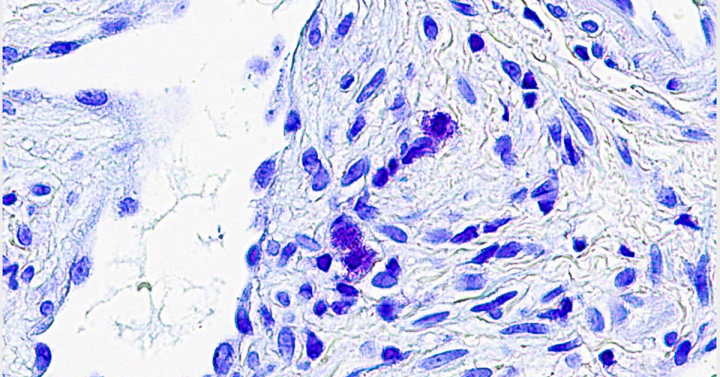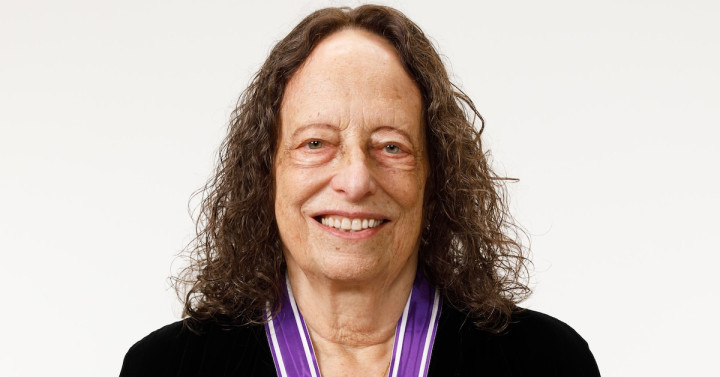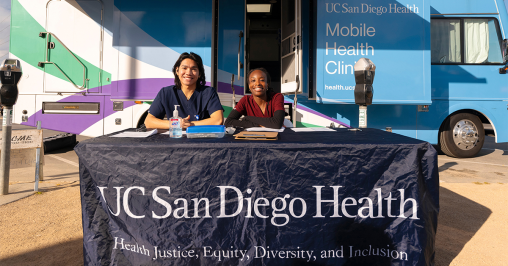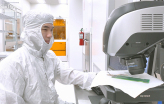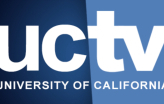UC San Diego Launches the Wildfire Science & Technology Commons
Science & EnvironmentResearchers from the San Diego Supercomputer Center, part of the School of Computing, Information and Data Sciences (SCIDS) at UC San Diego, have launched a new initiative to advance science and technology that addresses wildland fire challenges in an era of more frequent and devastating megafires.
